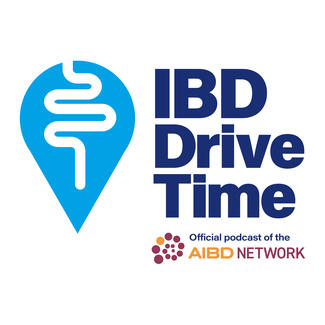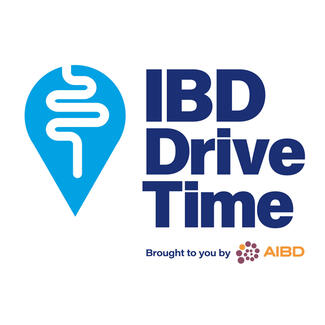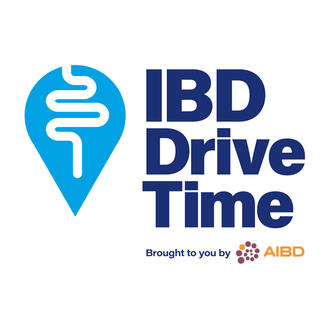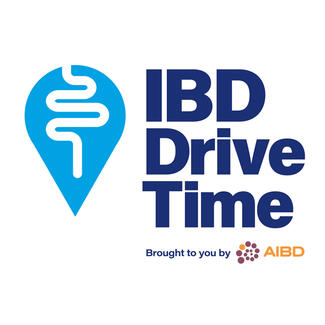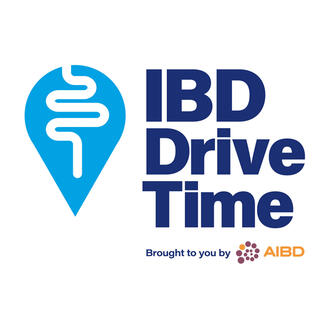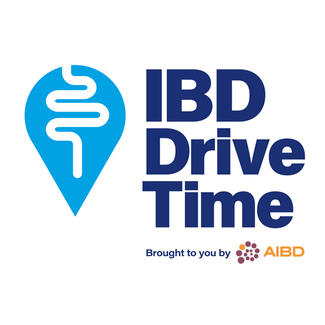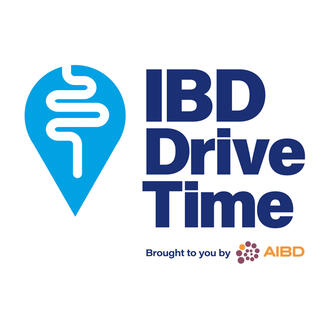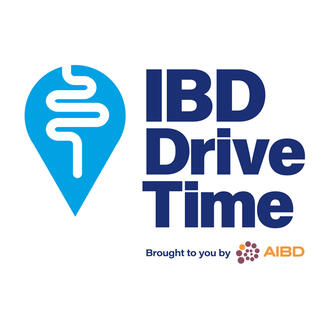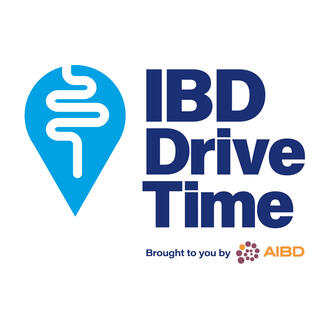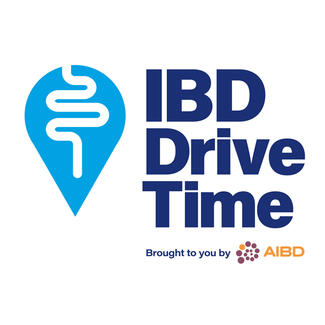New Algorithm Offers Personalized Infliximab Dosing Strategy to Avert Colectomy in Severe UC
For patients with acute severe ulcerative colitis (ASUC), timely and effective treatment is critical to avoid emergency colectomy. While infliximab (IFX) is a widely used rescue therapy, clinicians have lacked data to personalize dosing based on individual patient profiles—until now.
Authors of a new multicenter pharmacometrics study presented at DDW 2025 developed and validated a model-based algorithm to optimize IFX dosing in patients with ASUC. Using pooled data from 74 patients across 8 centers, researchers created a population pharmacokinetics (popPK) model and linked IFX exposure to treatment outcomes, including the risk of colectomy within 3 months.
The key innovation of this study is the development of a colectomy index (C-index)—a metric that combines the area under the IFX concentration-time curve from weeks 2 to 4 (AUCw2–w4), a modifiable factor through dosing, with drug clearance (CL), an unmodifiable patient-specific trait. A higher C-index was strongly associated with reduced colectomy risk, with a value of 5.84 providing the best threshold to distinguish patients likely to need surgery (sensitivity 83%, specificity 84%).
The model showed that IFX clearance increased with higher C-reactive protein (CRP) levels and body weight, emphasizing the need for individualized treatment plans. Using this approach, clinicians could use early therapeutic drug monitoring samples and software-guided modeling to tailor IFX induction regimens in real time.
This study marks the first application of a dose–exposure–response framework for infliximab in ASUC, demonstrating that personalized dosing strategies are not only feasible but also potentially life-saving.
Niyigena E, Hoffert Y, Peyrin-Biroulet L, et al. Development of a personalized infliximab dosing algorithm for acute severe ulcerative colitis: results of a multi-center pharmacometrics analysis. Abstract Tu1872. Presented at: DDW 2025. May 3-6, 2025. San Diego, CA.













